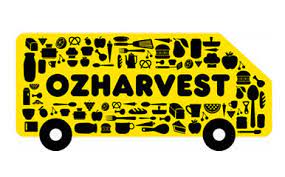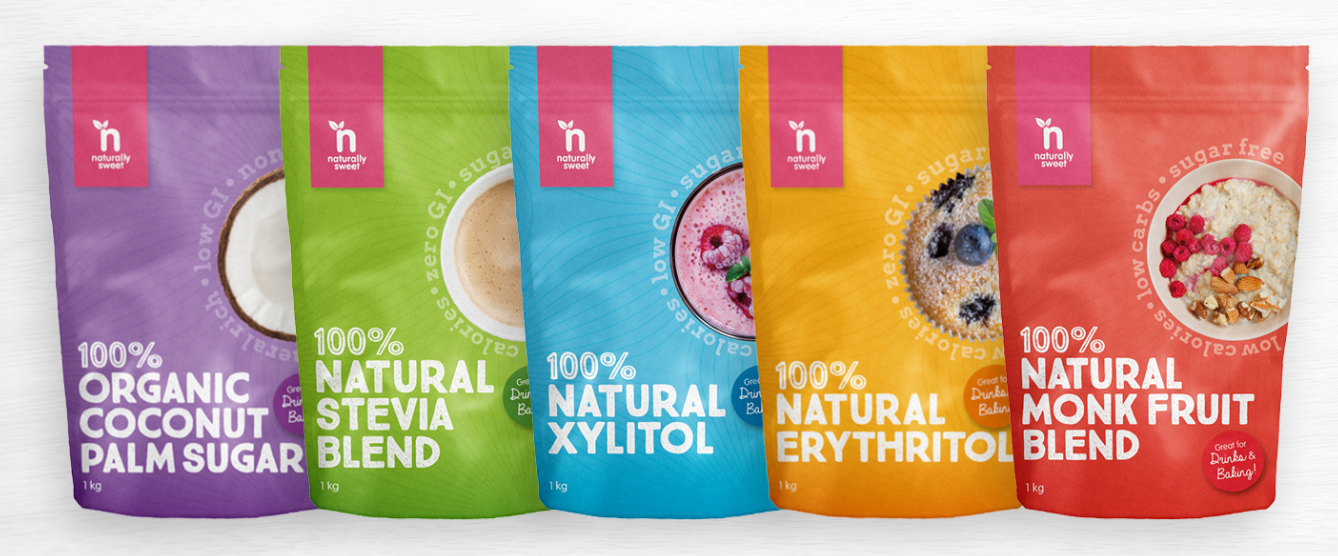In a health conscious world, we’re all trying to eat and drink better. We eat our ‘five-a-day’, drink plenty of water, and even benefit from the occasional healthy coffee. Often though, we’re not sure of how good - or bad- something really is for us. Here are three foodstuffs you may believe to be healthy, but might never want to consume again!
Smoothies – more sugar than coke
Most people think a smoothie is the ultimate in health drinks. However, whether manufactured at home or in a factory, fruit smoothies can be low in fibre, short of vitamins, and overladen with sugar. Dietary experts warn that peeling and pulping fruit reduces natural goodness. And the amount of fruit needed to produce a single smoothie means it can contain as much as seven teaspoons of sugar. As a comparison, a 250 ml can of coke contains just five teaspoons of sugar.
Fat free salad dressings – lacking in nutrients
A salad is enlivened with a good dressing. The recent fashion has been to flavour with fat-free dressings; without the olive oil, canola, or mayonnaise. However, a little fat helps the body absorb the vitamins and nutrients that make a salad so attractive in the first place. When you take that fat away, the body can’t absorb the goodness that your food should give you. To make sure your salad tastes great yet is good for you as well, prepare dressings from scratch at home. Use natural ingredients, a little olive oil and lemon juice, and then sweeten with stevia.
Agave – not as natural as you might think
Natural sweeteners, such as stevia and xylitol, are becoming the preferred choice for the health aware. Gaining popularity is agave, though it’s not as natural as you may think. Agave comes from the same plant that is used to produce tequila. The aguamiel (honey water) is heated and processed to form a maple like syrup. It’s then added to foods: but what you may not know is that a tablespoon of agave contains about 60 calories – that 50% more than the same amount of sugar. Perhaps worse still, dependent upon the method of processing, agave contains as much as 90% fructose. Fructose can cause a number of health problems – agave isn’t as natural, or as beneficial as you might think. To make sure your diet is as healthy as possible, be certain your natural foods and drinks aren’t doing more harm than good. A little fat is necessary in your diet, fruits should be eaten and not drunk, and always make sure that the natural sweeteners you use are, in fact, natural.



